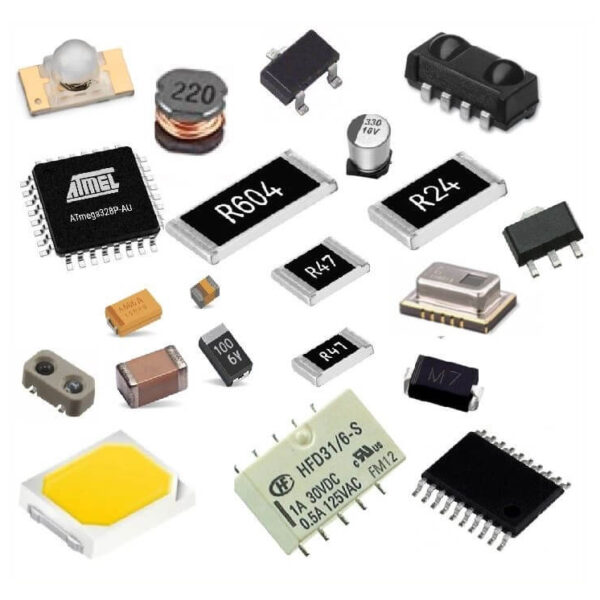
Unveiling the Power Struggle: Cores vs. GHz - Which is Better?
In the ever-evolving world of technology, the battle between the number of cores and clock speed (GHz) has been a topic of debate among tech enthusiasts and professionals alike. As we strive for faster and more efficient computing, it becomes crucial to understand the significance of these two factors and determine which holds more weight in optimizing performance. In this blog post, we delve into the intricacies of cores and GHz, exploring their individual strengths and ultimately answering the question: Is it better to have more cores or higher GHz?
- The Role of Cores:
Cores, often referred to as the heart of a processor, play a pivotal role in multitasking and parallel processing. Each core is capable of executing instructions independently, allowing for simultaneous execution of multiple tasks. More cores translate into improved multitasking capabilities, enabling smoother performance when running resource-intensive applications or handling numerous tasks simultaneously. However, it's important to note that not all applications are designed to utilize multiple cores efficiently, which may limit the benefits of having more cores. - The Significance of GHz:
Clock speed, measured in GHz, determines the number of instructions a processor can execute per second. A higher GHz value indicates faster processing speed, resulting in quicker task completion. This is particularly advantageous for single-threaded applications that rely on a single core. Tasks such as gaming, video editing, and 3D rendering often benefit from higher GHz, as they heavily rely on the speed at which instructions are processed. However, it's crucial to strike a balance between GHz and other factors, as excessively high clock speeds can lead to increased power consumption and heat generation. - Cores vs. GHz: Finding the Optimal Balance:
To determine whether more cores or higher GHz is better, it's essential to consider the specific use case and workload requirements. For tasks that involve heavy multitasking, such as video editing while running background applications, having more cores can significantly enhance performance. On the other hand, single-threaded applications that demand quick processing, like gaming, may benefit more from higher GHz. - The Future of Computing: Multicore and Multithreading:
As technology advances, the industry is witnessing a shift towards multicore processors and multithreading. Multithreading allows each core to execute multiple threads simultaneously, further improving performance and efficiency. Additionally, software developers are increasingly optimizing their applications to utilize multiple cores effectively, ensuring better utilization of available resources.
Conclusion:
In the ongoing debate of cores vs. GHz, there is no definitive answer as to which is better. The optimal choice depends on the specific requirements of the user and the nature of the tasks at hand. For multitasking and parallel processing, more cores prove advantageous, while higher GHz is beneficial for single-threaded applications. As technology progresses, the industry is moving towards a future where both cores and clock speed work in harmony, providing users with the best of both worlds. Ultimately, it's crucial to strike a balance between cores and GHz, considering the workload demands and the advancements in software optimization.